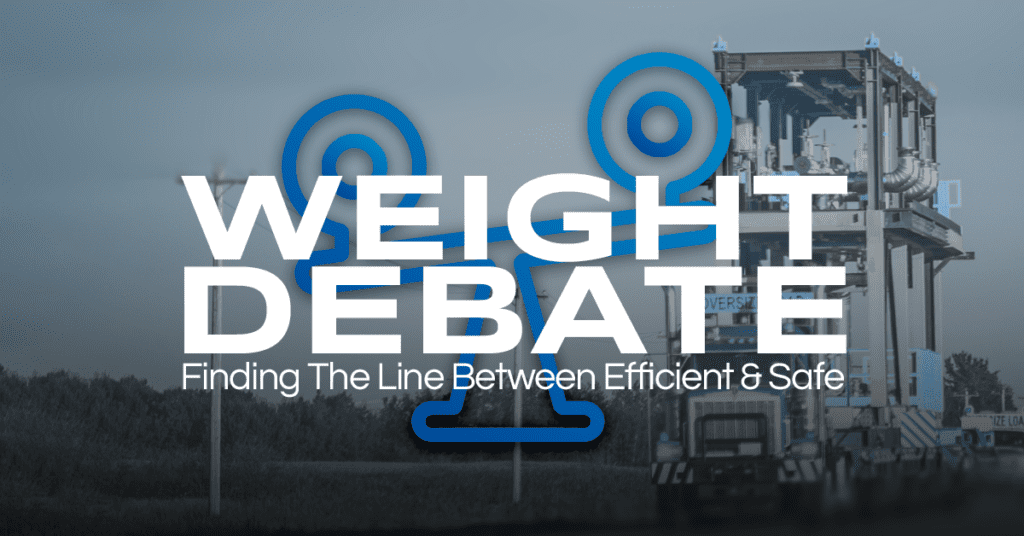
The rumble of a truck engine is a familiar sound across America’s highways, a testament to the vital role the trucking industry plays in our everyday lives. Amid the steady rhythm of commerce and transportation, a current debate is sending shockwaves through the industry: how heavy should our trucks be? This issue, while technical, affects us all, from safety on our roads to the efficiency of goods delivery. Let’s explore the heart of this controversy.
Efficiency Versus Opposition
With the rise in eCommerce and an ever-increasing demand for swift delivery, several bills aimed at increasing the maximum weight of trucks in the US are now on the journey towards the House of Representatives. These bills seek to maximize trucking efficiency, but they face stiff opposition. Key dissenters include the Owner-Operator Independent Drivers Association (OOIDA), standing alongside various other groups, voicing strong disapproval for legislation that could potentially amplify the weight or length limits of trucks.
Safety First
Despite resistance, the House Transportation and Infrastructure Committee approved H.R. 3372. This bill suggests a 10-year pilot program allowing specific six-axle trucks to bear gross weights of up to 91,000 pounds, subject to bridge formulas. According to the U.S. Department of Transportation, heavier trucks could pose a risk to road infrastructure and safety – a factor that lawmakers need to consider alongside efficiency gains.
State Sovereignty and Differing Perspectives
Dave Williams, a notable figure in the Truckload Carriers Association, has already given a voice to industry concerns regarding the potential impact of heavier trucks on highway safety and infrastructure. Major industry unions echo these apprehensions, underscoring fears that increased weight limits may jeopardize both road users and infrastructure.
Striking the Right Balance
We’re seeing a balancing act in action with bills like the Carrying Automobiles Responsibly and Safely (CARS) Act (HR 2948) and the Dry Bulk Weight Tolerance Act. The CARS Act would offer a 10% weight tolerance for transporters moving heavier hybrid and electric cars. This allowance reduces the need for multiple trips without exceeding federal bridge weight limits. Despite this progressive push towards efficiency, concerns persist regarding the potential impact on our roads.
Peering into the Future
Further down the legislative pipeline, we see H.R. 3447, advocating a 2,000-pound weight exemption for hydrogen-powered vehicles. This proposal mirrors existing exemptions for battery-electric and natural gas-powered heavy-duty trucks, showing an industry preparing for a greener future. These bills are attempts to improve transport efficiency, but they ignite controversy, highlighting the challenge of balancing safety, efficiency, and infrastructure impact.
The debate surrounding truck weight legislation is unlikely to reach a full stop anytime soon. As we gear up for further discussions, it’s crucial for industry stakeholders, legislators, and safety advocates to stay informed and make their voices heard.
Before You Hit The Road…
As the U.S. House of Representatives gears up to weigh these bills, it’s clear that any legislation concerning truck weight is a significant issue, with far-reaching implications for us all. Will we see a greener, more efficient future, or will safety concerns put the brakes on these new bills? Stay tuned for our next blog post, where we will take a closer look at the potential environmental implications of these legislative changes.
If you made it to this part of the article, we’d just like to take a moment to thank you for taking the time to read this weekly recap. Be safe out there and as always, If you’re in search of CDL A, B, or warehouse positions, check out our open positions. And if you need staffing solutions for commercial driving or industrial positions, be sure to explore our offerings.



